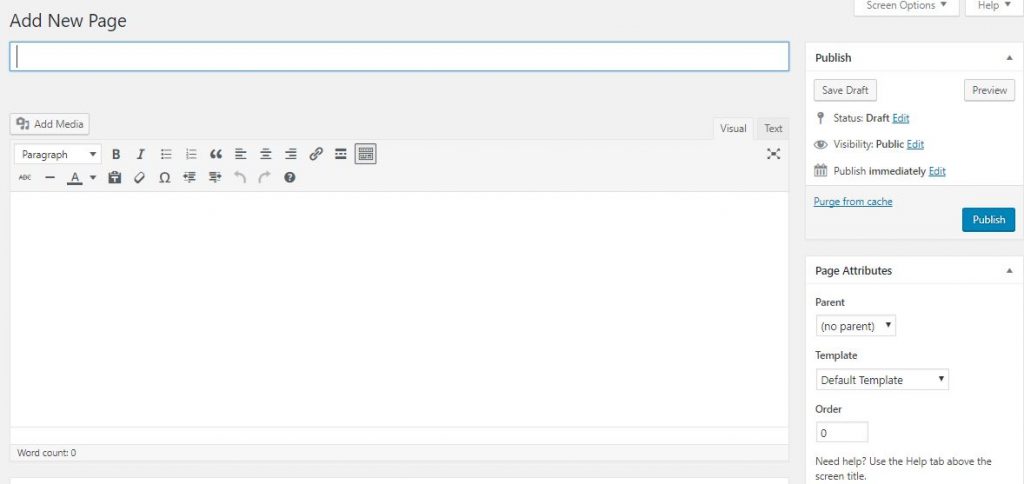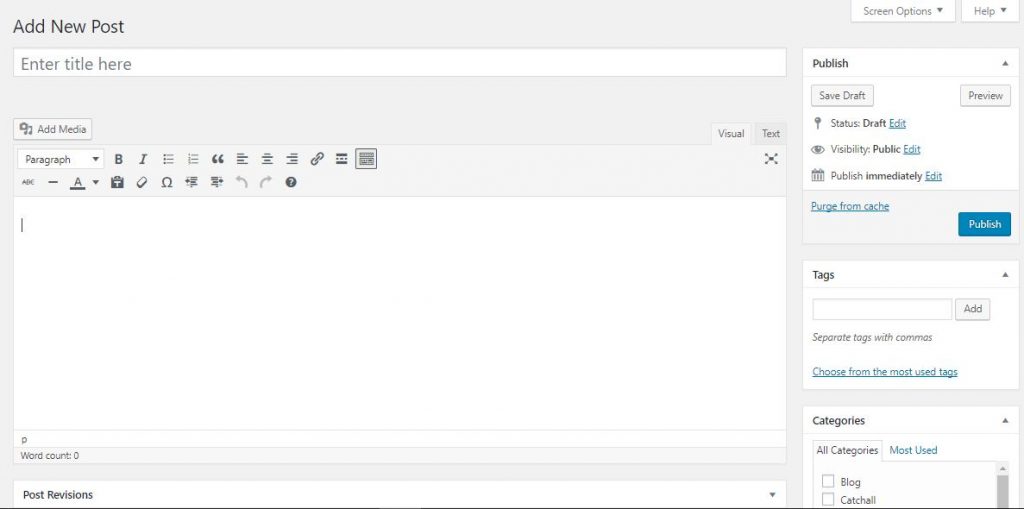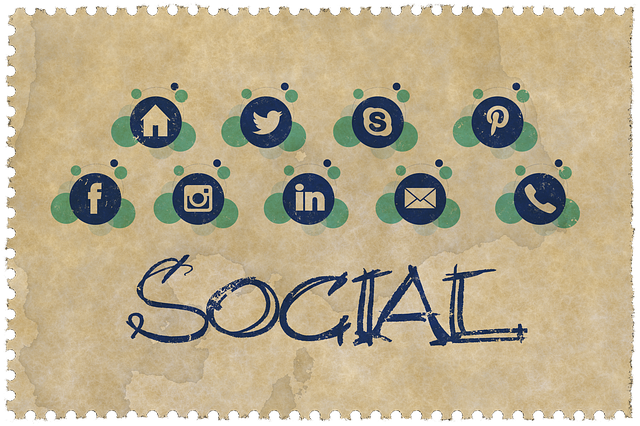Pages or Posts?
Your site is up and running and you are ready to share what you know with the world. Should you use Pages or Posts for your site content? Is there even a difference between pages and posts in WordPress you wonder? The answer is Yes!
Static or Dynamic content
A page is different from a blog post because it is static, which means that the page will remain in one place. A good example is an About page which contains information that doesn’t change and is used for introduction to site visitors.
A post is like a diary entry, organized by date and topic, therefore dynamic. When you add more posts, the latest entry will show on top of the list (reverse chronological order).

Categories, Tags & Keywords
While they appear to look the same when writing one, there are a few differences in the WordPress dashboard for pages and posts.
Pages do not get assigned to categories, but can be grouped by creating sub-pages under a Parent page. For posts it’s mandatory to assign a category because that’s how WordPress organizes your blog content.
Tags are optional for posts, but this option doesn’t even exist for pages. To make the content of your page searchable on the internet, you could use keywords via a plugin to assist with SEO (search engine optimization).

Date stamped
Although pages are dated in your dashboard, it does not show on the front-end of your WordPress site, making this type of content “timeless“.
For posts it’s a different story because the purpose of a published post or article is to show relevance and timeliness. In some situations, bloggers may hide the publish date, especially if the information is considered “evergreen” content and not a short-lived trend.
Visitors can subscribe to your blog content via RSS (Really Simple Syndication). This system will automatically send an email with the latest posts published on your site. Your fans and followers will get updates without having to visit your site first. RSS does not work for pages.
Language and tone
Another big difference between a page and a post could be the language and tone of voice. Posts tend to be more informal and conversational. Information on a page is usually a presentation of facts in a more formal tone, but this depends on the purpose of your site. Do you want to be taken “seriously” or do you want to give your readers a “fun” experience?

Social aspect
Because of the nature of posts (fun or timeliness), the content may trigger a conversation in the Comment section under the post. Your article may also be shared via social media. Unless the theme or a plugin opens a Comment section on a page, there is usually not even an option to make pages “shareable”.
When should you use a page or a post?
Use pages for your static content, information that remains the same such as, company history, location, contact information, purpose of your site or service. In other words, your brochure information that tells visitors the who, what, why and where of your website or business.
Posts are for providing updates about you or your site. Whether it’s something that happened in the past or new developments, maybe a beautiful photo or funny video you want to share. Just keep in mind that your posts will move down the list each time you publish a new article or post.
Pages & Posts, the best of both worlds
We think it’s important to have both pages and posts on a website. Pages to tell your visitors what you are all about and how you can help them. Use posts to share your knowledge in a way that relates to your readers and show that you care.
In this day and age, people flock to the internet to find information they need for their specific situation. Why not share what you know and be the one to help out?
